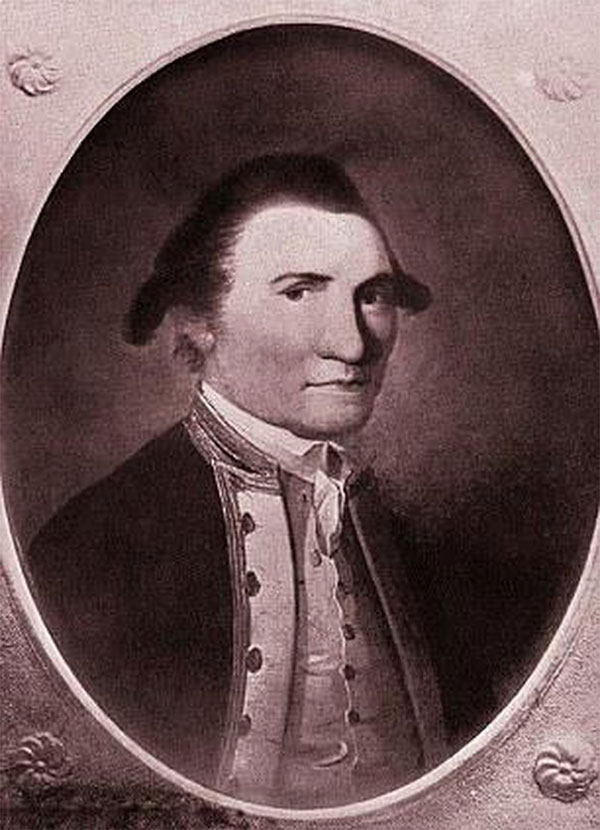Finding coins makes 'changes' throughout Australian history
Australian scientists are seeking to determine the origin of a Tanzanian coin found on a beach in the country in 2018. The piece shows that the Portuguese may be the first Europeans to arrive. Australia.

Captain Cook is considered the first person from Europe to set foot in Australia.
Coin pieces are about 1,000 years old. Portugal invaded Kilwa (present-day Tanzania) in 1505. One theory is that the Portuguese brought coins to Australia in an ocean voyage in 1515, when they arrived in East Timor.
Thus, the Portuguese came to Australia 250 years ago Captain James Cook. Captain Cook has long been said to lead the British train to discover Australia upon arrival in Sydney in 1770.
Archaeologist Mike Hermes said: ' We weighed and analyzed the coin. If it's a Kilwa coin , everything in history will change. ' Hermes was the one who found the coin on a beach in the Wessel Islands in 2018. He said this coin could only be found in Kilwa or the Arabian Peninsula.
Earlier, some Kilwa coins were also discovered in Australia in 1944, sparking the Portuguese theory that the first Europeans arrived in Australia.
Another theory is that Kilwa merchants brought coins to Australia from Africa. One hypothesis is simply that the coins were washed up by the waves on the beach from somewhere.
Currently Australian scientists are analyzing the newly discovered coin to answer the surrounding mysteries.
- The discovery may change the history of Australia
- Unique coins in the world
- Find the rare treasure from 1840 on the seabed
- The most exotic coins in the world
- Found the 'only in the world' Roman coins
- Treasure 2,000-year-old coins
- Discovering more than 12,000 coins of ancient coins
- China is rewarding 1,500 USD to decode the ancient gold coin
- First time finding ancient Roman coins in Japan
- Detected 34kg of ancient copper coins dating back thousands of years
- Discover treasure 600 kg of coins in Spanish park
- Mysterious 5.6 tons of ancient coins buried under Chinese villages
 Discovered an ancient centipede fossil 99 million years old
Discovered an ancient centipede fossil 99 million years old Discovered bat-like dinosaurs in China
Discovered bat-like dinosaurs in China Discovered a 200-year-old bronze cannon of the coast
Discovered a 200-year-old bronze cannon of the coast Discover 305 million-year-old spider fossils
Discover 305 million-year-old spider fossils